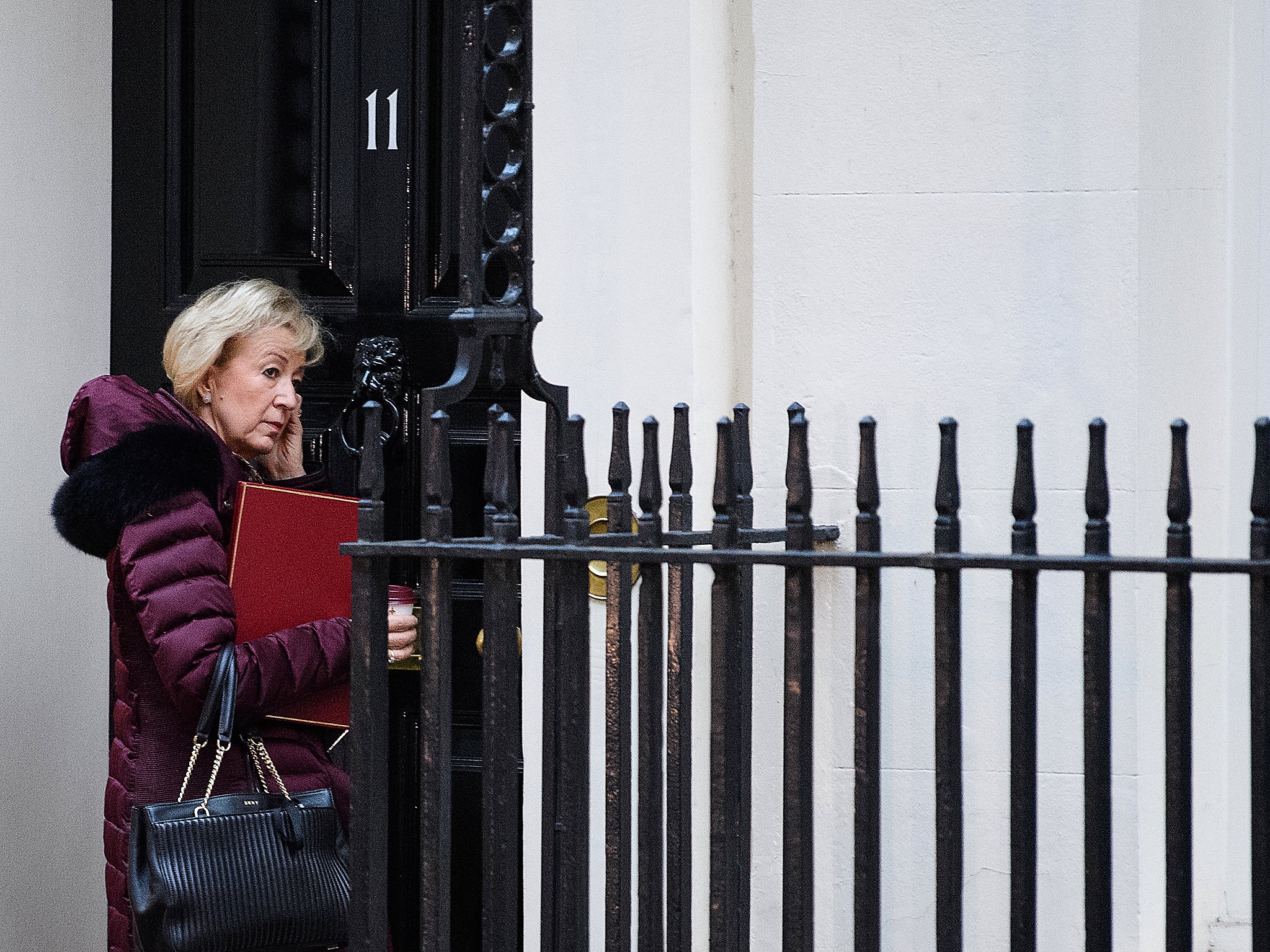Tory Brexiteers have no power after the election – that's why they've gone after the BBC
Some Westminster whisperers even suggest that Brexit might be stopped


Even in their hour of victory after last year’s referendum, some Brexiteers found it hard to believe their historic prize would not somehow be snatched from their grasp. They found it hard to cure the paranoia that marked their long period in the political wilderness.
Now some believe their worst nightmare might yet come true. The general election has turned the Brexit debate on its head. Previously demoralised pro-Europeans, who thought the game would be up if Theresa May won a big majority, sense the wind is at their back. Some Westminster whisperers even suggest that Brexit might be stopped.
Just because the Brexiteers are still paranoid, it doesn’t mean the pro-Europeans aren’t out to get them. But they are not the saboteurs portrayed by the Europhobes and their newspaper allies. The vast majority are out to get a sensible, soft Brexit; they accept that the UK will leave the EU. It would take a political earthquake to stop Brexit; the signs are that public opinion will not change enough until it is too late – after we have formally left in March 2019. Halting that process would require Labour's support, which is not going to happen on Jeremy Corbyn’s watch.
However, the precise form of Brexit is now wide open, a significant and welcome development. Some hardliners who want a clean break fear they may have blown it – or, more accurately, that May blew it by calling the election. Their high anxiety partly explains the ludicrous attacks on the BBC by cabinet ministers Liam Fox and Andrea Leadsom, who accuse the corporation of pumping out negative coverage of Brexit. Leadsom even suggested the BBC was unpatriotic.
This is nothing less than a crude attempt to intimidate the BBC so that it feels less able to report the proper debate finally taking place over what Brexit really does mean, and the genuine doubts about May’s model in Whitehall and the Cabinet. Ministers are having such a debate only because May is too weak to stop Philip Hammond ensuring it happens.
I have seen with my own eyes the lengths to which the BBC bends over backwards to ensure the balance and impartiality required by law. The criticism is wide of the mark. If they don’t believe me, Fox and Leadsom should ask Robbie Gibb, the new Downing Street director of communications, who previously headed the BBC’s Westminster operation.
The BBC bashing is coming from people who fear they are losing the argument and want broadcasters to dance to the same tune as our mostly slavishly pro-Brexit press. Thank goodness they do not.
The Brextremists have one weapon: anyone who dares to question their Brexit blueprint is trying to sabotage the referendum decision. But it is losing its potency. Although many who voted Remain, including me, believe we should honour the referendum verdict, public opinion may be on the turn. The fall in the pound’s value has pushed up inflation, and wages lag behind it. It’s not unpatriotic to say the latest economic figures are hardly rosy.

The voice of business, absent in the election, is belatedly being heard, as David Davis, the Brexit Secretary, meets its representatives at Chevening today. The CBI has outlined a sensible proposal for the UK to remain in the single market and customs union during a transitional period, limiting the disruption (and hit to the economy) while a long-term UK-EU trade deal is negotiated. The CBI’s warnings about investment (and jobs) being lost due to the uncertain climate might also influence public opinion.
Inevitably, hardline Brexiteers misrepresent this as another wicked plot to keep us in the EU – the “Hotel California” option in which we can check out, but never leave. But this is not what the CBI is proposing; an open-ended transitional phase would not bring certainty for business either. Probably hardline Brexiteers will swallow a transitional agreement – a trade deal was never going to be done by 2019 in any case – but insist on time-limiting it.
My hunch is that the Cabinet and Parliament will soften May’s hard Brexit by ensuring the UK still has a customs union with the EU. We will likely still leave the single market, although the fact that it is still on the agenda is telling. MPs and peers should force May to drop her obsession with ending the European Court of Justice’s remit in the UK, to ensure cooperation in sectors such as aviation, nuclear and pharmaceuticals.
Crucially, it will require the Labour leadership to work with pro-EU Conservatives. Although they are already being warned by their party not to “put a Marxist in Downing Street”, I suspect the pro-EU Tories will be more prepared to cooperate like this than Corbyn. He has kept his options open but might need to see signs of Brexit anxiety among voters to come off the fence.
He should do so. Parliament can and must now ensure we get a sensible soft Brexit, not May’s hard version. The real patriotic duty of MPs and peers is to avoid a disastrous act of economic self-harm.
Join our commenting forum
Join thought-provoking conversations, follow other Independent readers and see their replies
Comments
Bookmark popover
Removed from bookmarks